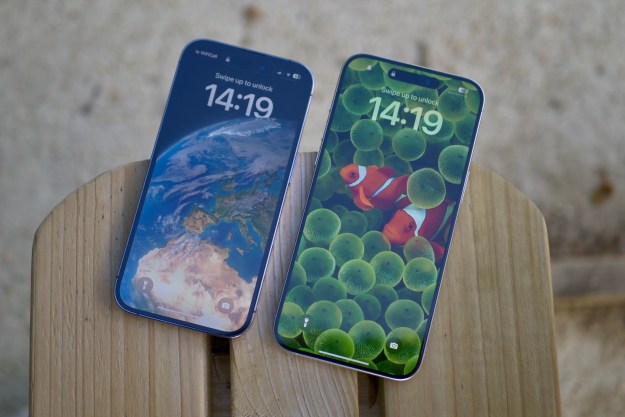If you searched for an app in Apple’s App Store over the past year, chances are good that one of the first results showed you software made by Apple, even if it had little to do with what you were searching.
A New York Times investigation into the App Store suggests that Apple has favored its own apps over those made by third parties. The paper analyzed search terms within the App Store and found that Apple’s own apps ranked first for at least 700 different search terms within the store. That research was compiled by app analytics firm Sensory Tower, which found that in some cases the App Store would show as many as 14 diffferent Apple apps before showing apps made by rival companies, with the exception of those that paid Apple for ad placement.
The Times found similar results as a similar investigation by The Wall Street Journal in July.
Apple’s questionable App Store practices have come under fire as antitrust scrutiny against Big Tech continues to ramp up. In May, the Supreme Court voted to allow a class action lawsuit against the company, suggesting that the App Store rules represented a monopoly.
Apple executives reportedly told The Times that Apple apps were shown as the top results in the store for a number of searches for over a year; however the company has since tweaked the algorithm so that fewer Apple apps appear in the top search results with the store. On July 12th, many Apple app’s rankings dropped sharply after the change.
The issue lies in the fact that by pushing its own apps to the top of search results, Apple was able to potentially influence how many of its own apps were downloaded by customers. While it is obvious that the algorithm worked in Apple’s favor in this case, the company has not explained how its algorithm works other than to say that it is not manually altered to benefit Apple. Instead, the company says the apps are shown high in search results because the apps are popular and their generic names tend to be a closer result for some broad search terms.
So many Apple apps would often shown up in search results, according to Apple, because the algorithm interpreted a search for a generic app like “Podcasts” for instance, to be an attempt to find other apps by the same developer as the “Podcasts” app — which in this case is Apple — even if they weren’t a podcast app.
When someone searched for “Music” the app would default to Apple Music because users clicked on it so frequently. Inversely, the same thing happens when you search for “Office.” In that case the algorithm will surface a number of Microsoft apps.
The App Store generated $50 billion in sales for Apple last year. It has said that two thirds of those sales originated in search.
Editors' Recommendations
- Everything you need to know about the massive Apple App Store outage
- 8 iPhone browser apps you should use instead of Safari
- Apple just released iOS 17.4. Here’s how it’s going to change your iPhone
- The OnePlus 12 has one big advantage over Samsung and Apple
- Arc Search is one of the best iPhone apps I’ve ever used




